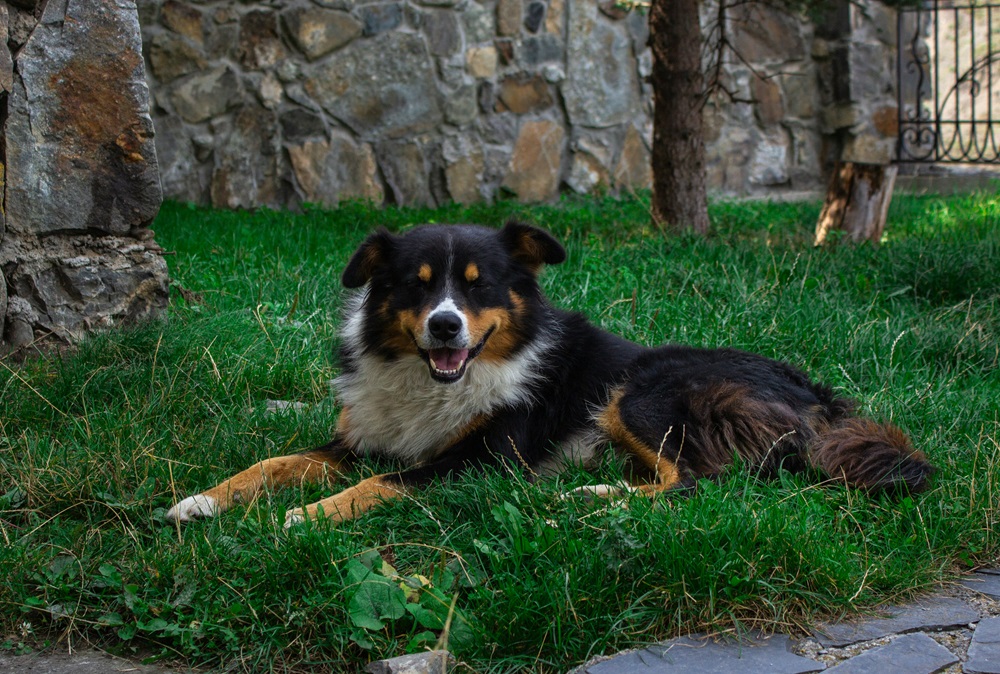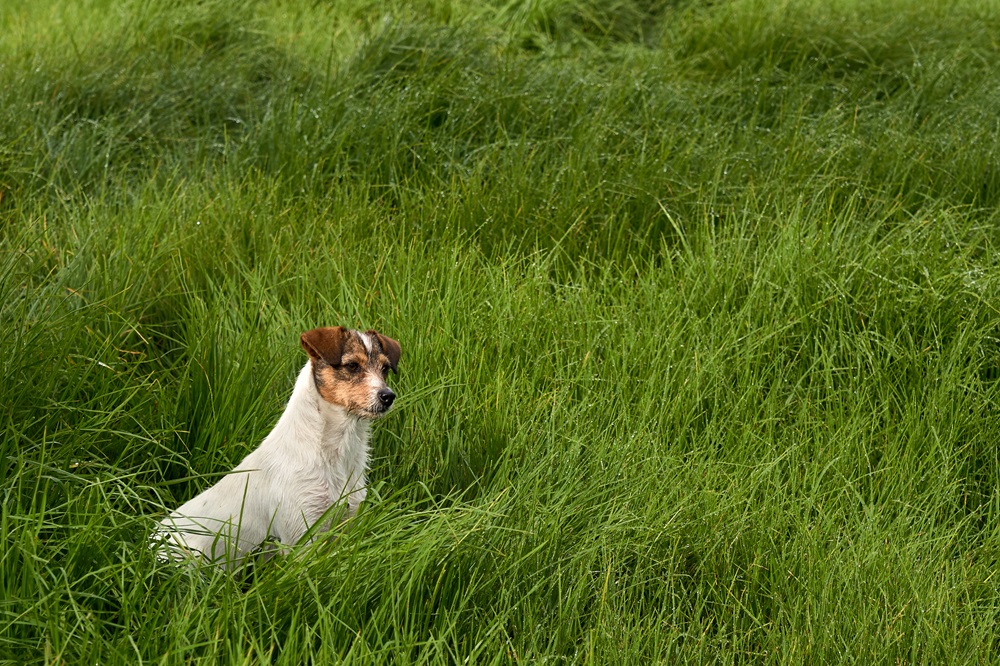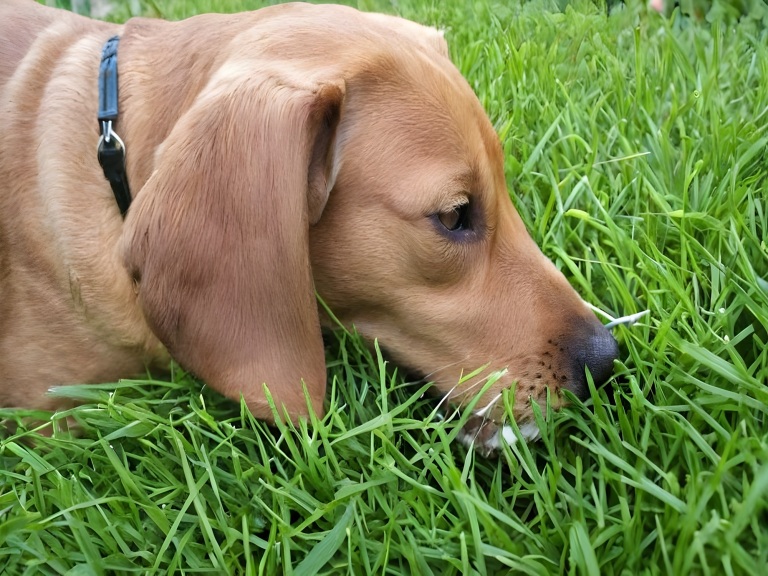“Dog eats grass” is one of those behaviors that can pique the curiosity and concern of dog owners alike. It’s a fairly common phenomenon, but one that remains enigmatic for many of us. Why do dogs eat grass?
This question leads many to question the reasons behind this seemingly bizarre behavior. In this exploration, we will examine this curiosity and try to understand why dogs are drawn to eating grass and whether this behavior is normal or could indicate other problems.
CONTENT:
- What makes dogs eat grass?
- Is eating grass a cause for concern?
- What types of grass does the dog eat?
What makes dogs eat grass?
There are several theories that try to explain why dog eats grass:
-
Ancestral instinct
Research indicates that dogs may inherit the behavior of eating grass from their wolf ancestors. In the wild, wolves consume the entire animal they hunt, including its stomach contents, which may include plants and grass. This behavior could be a way for dogs to satisfy their ancestral instinct to feed on the entire contents of their prey in an attempt to obtain all the necessary nutrients.
-
Stomach Cleansing
Another theory suggests that eating the grass could serve to cleanse dogs’ stomachs or induce vomiting when they experience gastric discomfort. Although this theory is popular, there is not enough scientific evidence to clearly support it, and experts are still debating why dogs resort to this behavior.
-
Nutritional Deficiencies
Some believe that dogs eat grass to compensate for a nutritional deficiency in their diet. However, most dogs that eat grass do so sporadically and it does not appear to be related to a specific nutritional deficiency. Thus, this theory remains unconfirmed and still subject to research.
-
They just like the taste
Some research suggests that some dog breeds may eat grass just because they like the taste or texture of it. In this case, the behavior would be similar to other non-nutritive eating habits in dogs and could be a simple individual preference of the animal. However, it’s important to emphasize that researchers haven’t fully understood this theory yet and need to conduct further research to confirm or disprove it.

Is eating grass a cause for concern?
Eating grass by dogs is a behavior that often raises questions and concerns among owners. Although in most cases, experts consider this habit harmless, there are certain situations where we should exercise caution and consider a medical evaluation.
If you notice that your dog eats grass sporadically and in small amounts, this is probably just normal behavior. However, if the dog starts eating grass constantly or in large quantities, it is important to be vigilant. This excessive behavior could indicate an underlying health problem.
Gastrointestinal problems such as indigestion, nausea, or other digestive conditions can cause dogs to eat grass in an attempt to settle their stomachs or induce vomiting to relieve discomfort. In such cases, grass eating can be considered a red flag, and a veterinarian should evaluate it.
Also, if you notice sudden changes in your dog’s behavior, such as lethargy, lack of appetite, or frequent vomiting after eating grass, it’s important to seek immediate medical attention.

What types of grass does the dog eat?
The dog eats grass, and its preferences can vary based on various factors such as availability and texture. Common types of grass that dogs eat include:
- Common green grass: This is the most common form of grass that people encounter in gardens or parks. Many dogs are attracted to fresh blades of grass and may eat them when they have the opportunity.
- Pasture: Dogs can often be seen eating grass from meadows or pastures, especially if they have access to open spaces during walks.
- Longer grass or bushy plants: Dogs can sometimes be seen eating longer grass or bushy plants, which can provide a different texture and richer taste.
- Houseplants: In some cases, dogs may be attracted to houseplants and may try to eat them. This can include decorative plants or even houseplants.
If you notice any unusual or worrisome behavior related to grass eating, it is always advisable to consult a veterinarian for evaluation and further advice.

